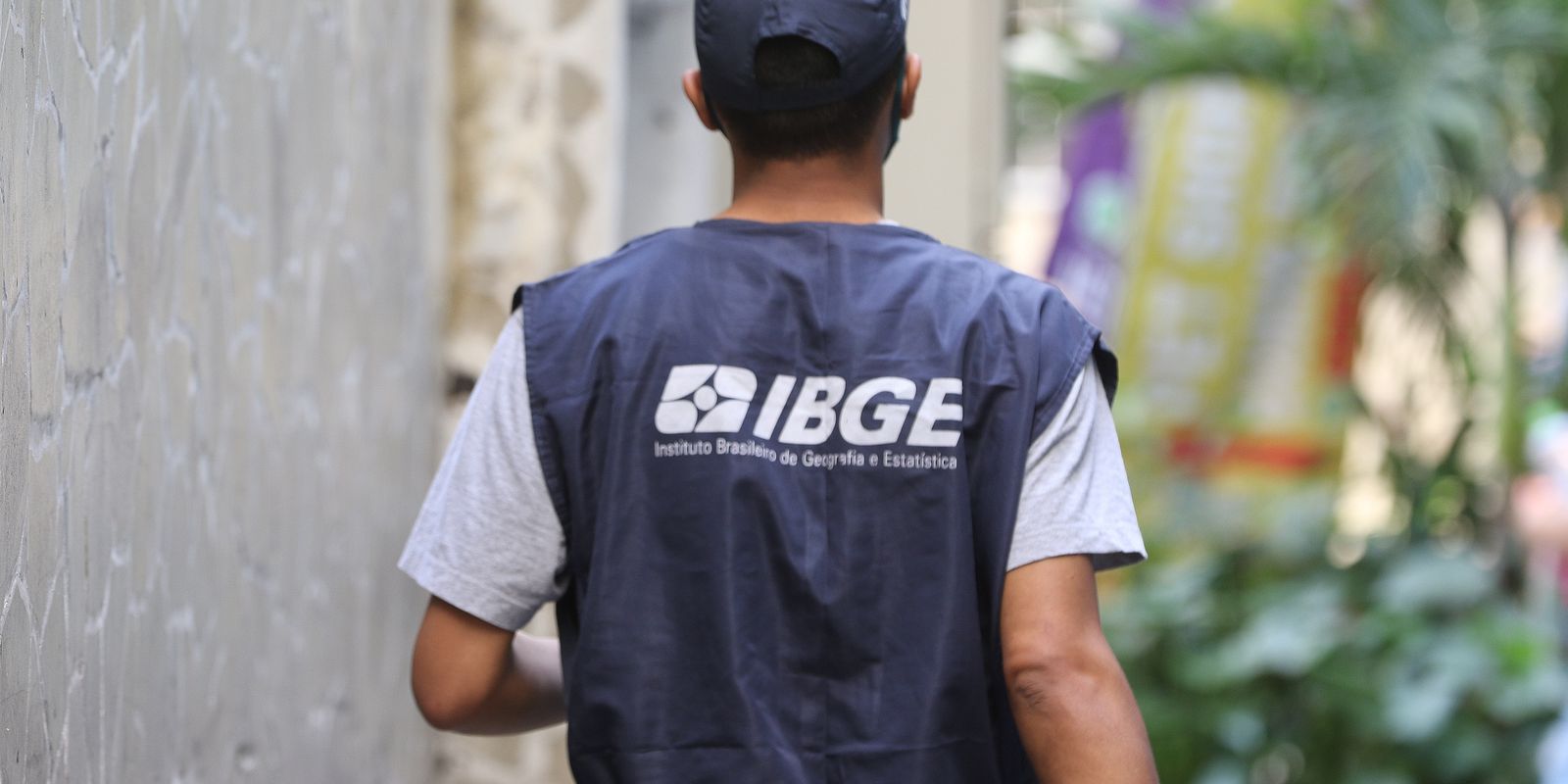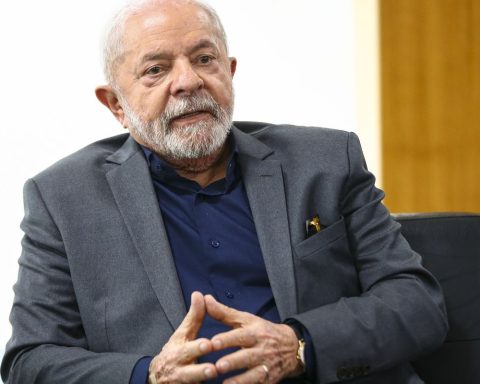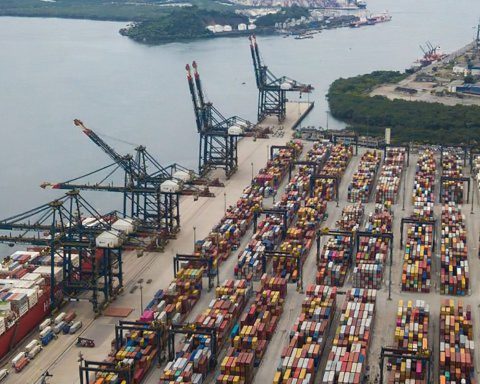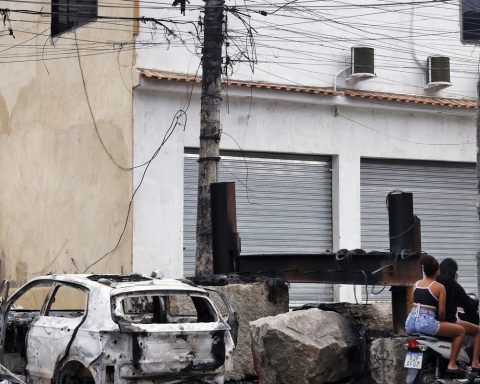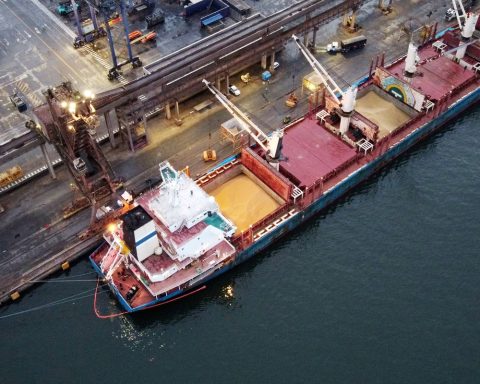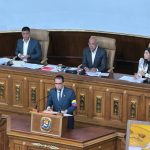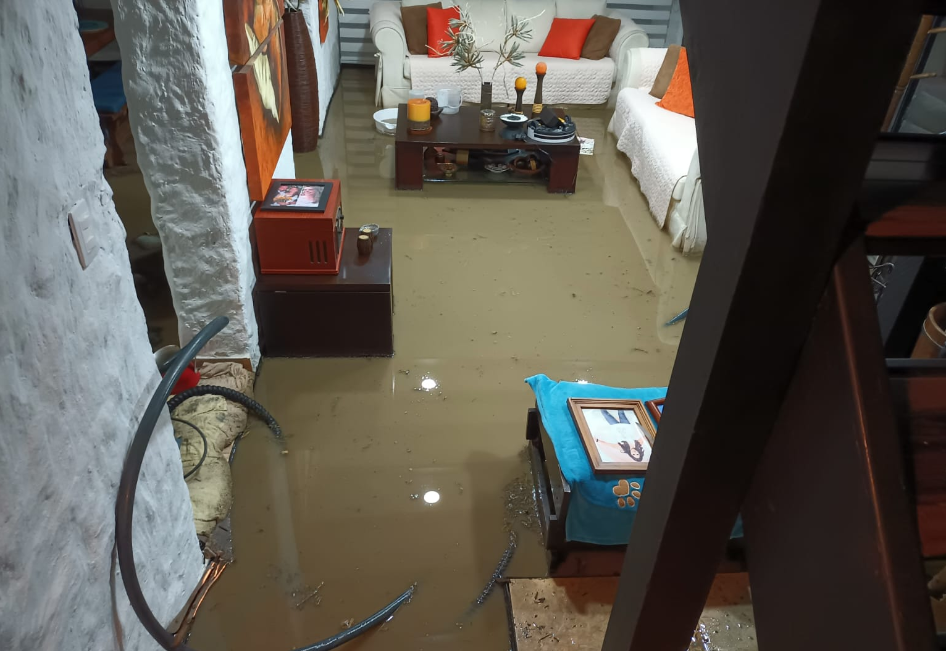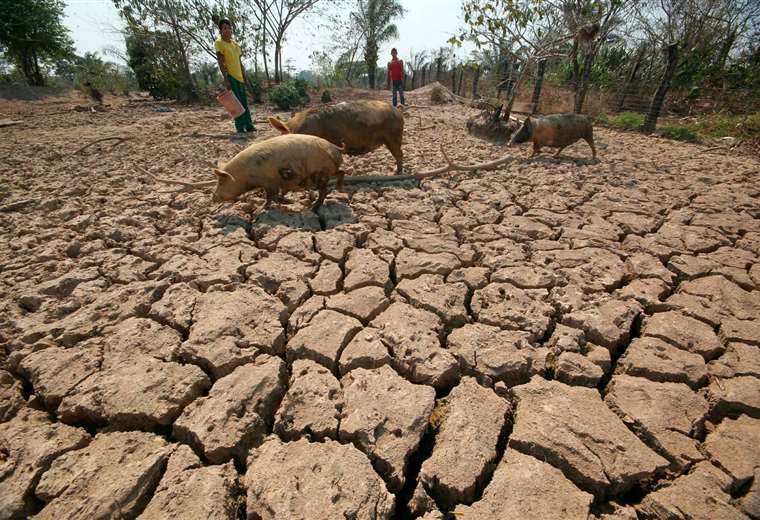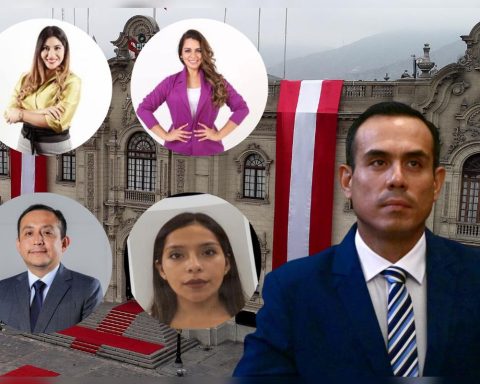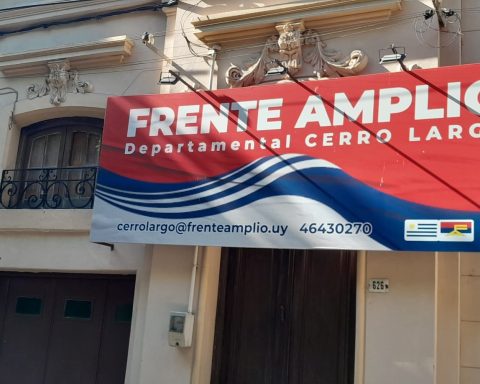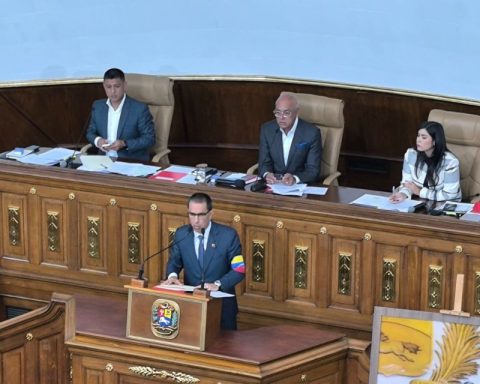The Brazilian Institute of Geography and Statistics (IBGE) is revisiting all the places that still have high rates of interviews not carried out, due to the absence of residents or due to refusal, for the 2022 Demographic Census. According to the IBGE, in areas of slums and urban communities , in addition to absence and refusal, there are other challenges: often there is no address, which makes it difficult for census takers to travel and register households.
“In denser areas, collection can also be more difficult, as there are greater chances of omission of households (at the back or on the roof) by the census taker. There are still access and circulation problems in some communities due to the census taker’s lack of knowledge and the resident’s fear of receiving [o recenseador]”, informed the institute.
“In order for all households to be visited, the IBGE is widely publicizing the collection in slums and urban communities, so that the residents themselves receive and help the census taker, indicating the best routes and the place of housing”, added the agency.
This month, the IBGE closed partnership with the Pereira Passos Institute (IPP), a research body of the City of Rio, to reduce the percentage of households that did not respond to the Census in subnormal agglomerations of the city, which is around 9%.
The partnership involves hiring former agents of Social Territories, a city hall program with UN-Habitat – United Nations Program for Human Settlements, in which household surveys are carried out in large favelas in Rio, such as Rocinha and Maré.
“Having qualified information on the city’s favelas is of paramount importance for the development of effective public policies, based on data and evidence. This is why the Census is so important. The IPP already has a long-standing partnership with the IBGE and supporting it in this final race is our duty,” said the president of the Pereira Passos Institute, Carlos Krikhtine, in a statement.
“With our experience with the Social Territories Program, we trained very specialized community census takers in Rio de Janeiro. In addition, we can support the IBGE with a network of very powerful institutional local knowledge”, he added.
The new census takers worked in previous phases of Social Territories and have experience with household surveys in priority locations. Last week, they were trained by the IBGE to learn more about the questionnaire used in the Census.
“Territorios is a program that aims to find the most vulnerable families and, therefore, needs to be in these communities on a daily basis. We have excellent coordination in these territories, our field agents are locals and know a lot of people. In addition to providing a list of experienced people to work with, we are offering full support to the IBGE, moving our field coordinators to accompany the teams with the objective of reaching families that have not yet responded to the Census”, informed, in a note, the technical coordinator of Special Projects at IPP, Andrea Pulici.
Since Thursday (16), they have been going to the field in the last phase of the census operation, the verification phase, which includes the work of analyzing the collected data. Thus, they will look for residents who were absent at the time of the visit or who refused to answer the questionnaire.
Favela date
The Data Favela 2023 survey, released on Friday (17), showed that if Brazilian favelas formed a state, it would be the third largest in Brazil in terms of population. According to the study, the number of slums doubled in the last decade, totaling 13,151 mapped across the country. There are an estimated 5.8 million homes in favelas with 17.9 million residents.
The quantitative research was carried out between March 6 and 13, 2023 and interviewed 2,434 favela residents distributed in all regions of the country.
“The favela is already a clearly invisible territory and to be left out of the Census would be to increase this scenario, in addition to not allowing public policies that work to reduce poverty and promote opportunities to reach this territory. This is exactly why we believe that Data Favela and IBGE can work in partnership for the correct mapping of Brazilian favelas by the Census”, said the founder of Data Favela, Renato Meirelles.
He attributes the IBGE’s problem in conducting census in the favelas to the difficulty of getting to know a territory that often lacks a zip code, street and basic sanitation. “These are places that were off the map. The stigma of fear in relation to the favelas is also one of the reasons, in addition to the lack of State presence in the favelas”, added Meirelles.
